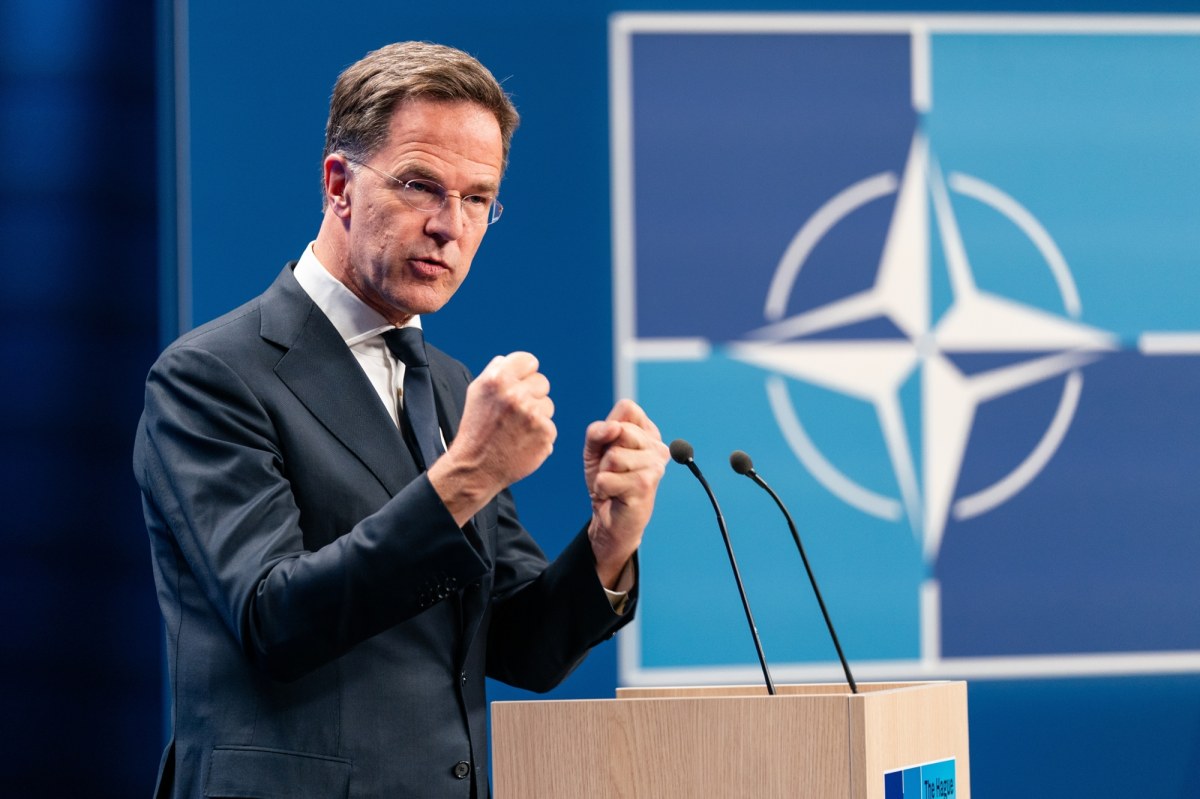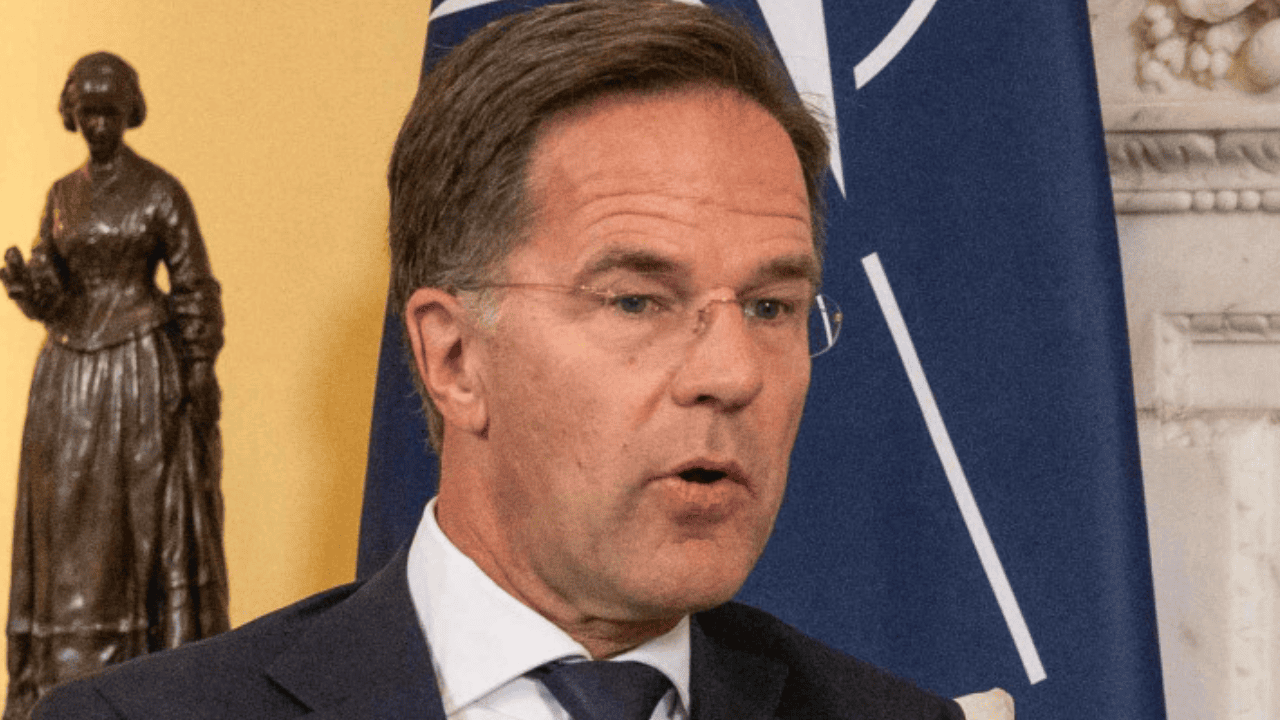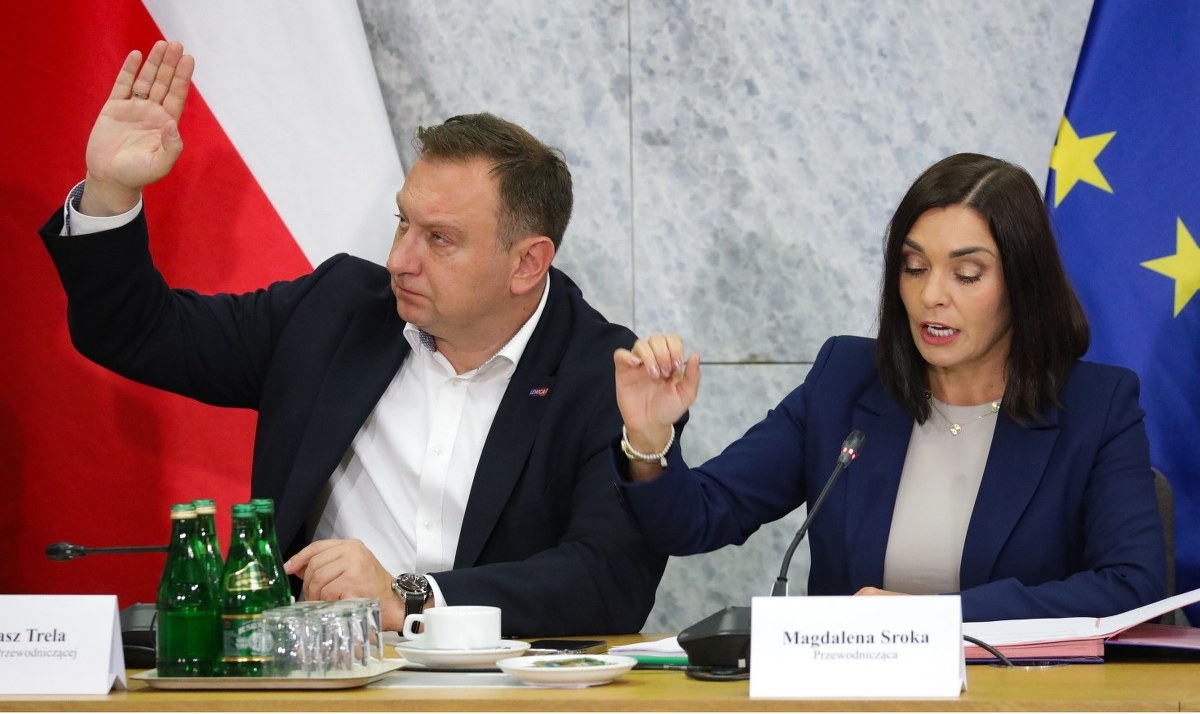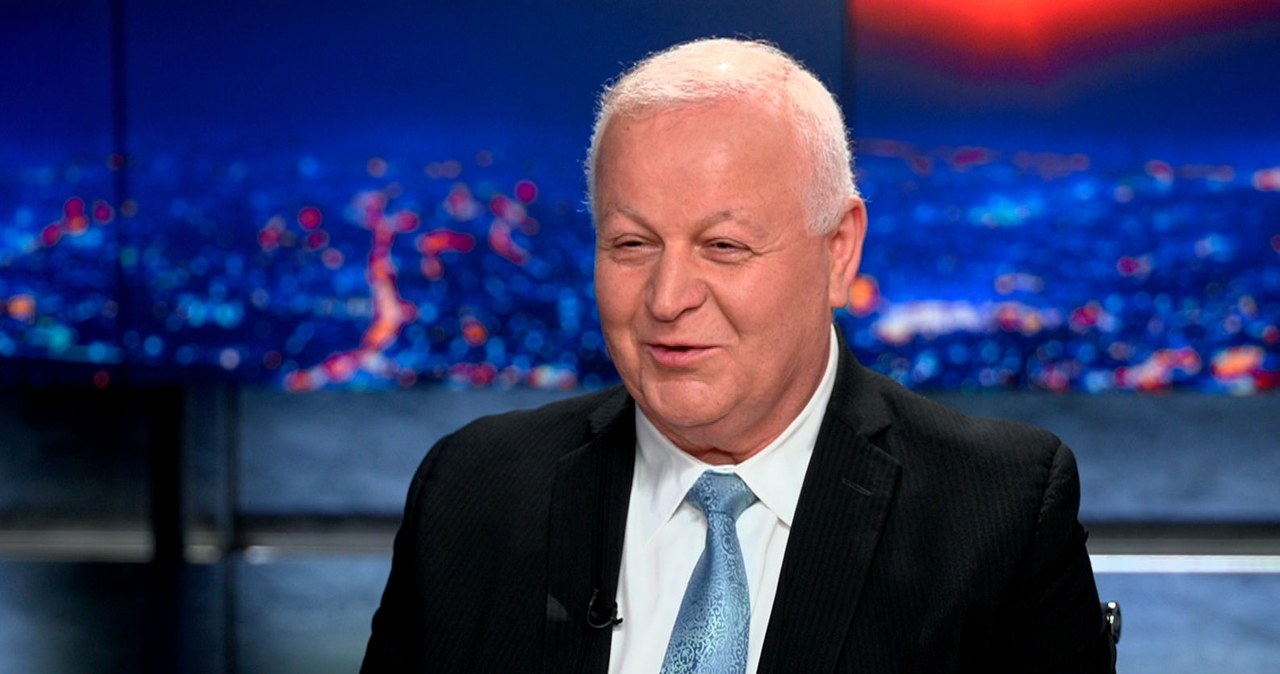The Government and resident doctors have a "very small window of opportunity" to reach an agreement and prevent a five-day strike that could cause significant upheaval to the NHS in England. The walkout is scheduled to begin next week after talks between Health Secretary Wes Streeting and union leaders failed to reach a resolution on Thursday.
Co-chairs of the Resident Doctors Committee (RDC), part of the British Medical Association (BMA), described their meeting with Streeting as "open and frank" but said no breakthrough was achieved. The Health Secretary reiterated that the Government "cannot move on pay after a 28.9% pay rise" but indicated officials are exploring ways to improve doctors' working conditions.
Strike talks continue despite impasse
Dr Ross Nieuwoudt, RDC co-chair, told reporters he would be "happy" to meet Streeting again on Friday if the Health Secretary was available. His colleague Dr Melissa Ryan said doctors were "available at any moment to continue our talks" given their experience of working "all hours of all days".
Nieuwoudt emphasised the urgency of the situation, stating: "We have a very small window of opportunity over the next few days to avert strike action." He described Thursday's discussions as "constructive" and "a first step" towards potentially avoiding the industrial action.
Government appeals for strike cancellation
After the meeting, Streeting issued a statement confirming "further conversations in the coming days to try to avert strike action". He maintained the Government's position on pay whilst acknowledging efforts to improve working conditions for resident doctors.
"Strikes have a serious cost for patients, so I am appealing to the BMA to call them off and instead work together to improve their members' working conditions and continue rebuilding the NHS," Streeting said. The Health Secretary stressed that whilst pay increases were off the table, other improvements to doctors' working lives remained under consideration.
Public support and patient safety concerns
When challenged about potentially waning public support for strikes, Dr Ryan insisted the public remained behind doctors wanting fair pay and NHS retention. She argued that public backing stemmed from people wanting "good care" and recognising the need to keep doctors within the health service.
NHS leaders revealed on Tuesday there was no additional funding available to cover the costs of industrial action by resident doctors. The previous round of strikes, which included other health workers, cost an estimated £1.5 billion and led to 1.5 million postponed appointments, procedures and operations.
Deaths linked to previous strikes
The Times reported on Thursday that an audit found five patients died as a result of disruption linked to junior doctor strikes in 2023 and 2024. One case involved 71-year-old Daphne Austin, who died after receiving "no medical input" during a strike day when a consultant was responsible for 25 patients.
Another death involved 60-year-old John Doyle, who died of "natural causes against a background of missed opportunities" partly due to the impact of strikes on consistent patient care. When asked about these reports, Dr Nieuwoudt defended the safety processes in place since 2016, describing them as "robust" and effective across 11 rounds of industrial action.
Pay dispute details and timeline
The current dispute centres on a 2025/26 pay deal that gave resident doctors a 4% increase plus £750 "on a consolidated basis", averaging a 5.4% rise. Combined with a previous settlement, Government officials calculate this represents a 28.9% pay increase overall.
However, the BMA argues resident doctors need 29.2% to reverse "pay erosion" since 2008/09. The union announced earlier this month that resident doctors would strike for five days from 7am on July 25, following the end of previous strike action last September when members accepted a 22.3% average pay deal over two years.
(PA) Note: This article has been edited with the help of Artificial Intelligence.











